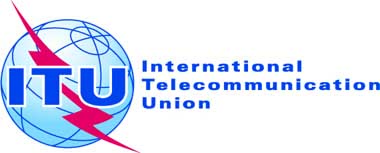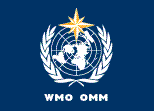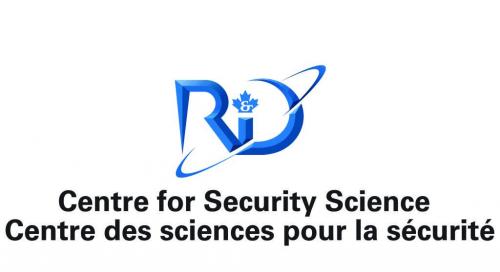About the Workshop
The Common Alerting Protocol [CAP] is an OASIS standard that is a simple but general format for exchanging all-hazard emergency alerts over all kinds of networks. CAP allows an alert message to be disseminated consistently and simultaneously over many different warning systems, thus increasing alerting effectiveness while simplifying the task. CAP also facilitates the detection of emerging patterns in local warnings of various kinds, such as might indicate an undetected hazard or hostile act. Furthermore, CAP provides a template for effective alerting messages based on best practices identified in academic research and real-world experience. The CAP standard works well as a simple data transfer standard. It has been adopted by the ITU-T as Recommendation X1303, and is recommended by the World Bank and other international agencies.
The technical work regarding the CAP is being done very well in other forums, as was demonstrated at the WMO CAP Workshop in Geneva in April 2011, but there are policy issues that make it worthwhile to organize a Workshop addressing the “business” side of public alerting. In most countries, implementing the CAP raises significant issues of organizational jurisdiction, e.g. which department or ministry is responsible for what kind of alerts; how do the agencies responsible for weather coordinate their alerts with the agencies dealing with fires or with earthquakes; what happens in more federally organized countries where varied situations exist at the central level and at the level of constituent states/regions; what role do Environmental Authorities play and is the role consistent; how are global threats managed, e.g. cyber space, solar weather situations etc?
Policy issues regarding coordination between or among local, regional and global jurisdictions are increasingly relevant. Earthquakes, tsunami, tornadoes, chemical releases and infectious diseases, etc. do not respect jurisdictional boundaries. So the question has to be asked “What are the lessons that have been learnt and can we identify best practice?”
<Workshop Goals>
- To produce a vendor-neutral forum to identify and discuss the government policy aspects of alerting, and the challenges of emergency management; with respect to the CAP Standard that makes it possible for jurisdictions involved with these concerns, to exchange such information on the national, cross-border and global scales.
- To foster growth and open communication in a community of like minded organizations that identify to the recognized need for interoperability between systems and countries.
- To identify policy-related issues and resulting good practices that could be formalized using the OASIS processes.
<Target Audience>
Professionals responsible for developing, influencing and managing policy for alerting from public, private, academic and global institutional sectors should consider attending, including: policy-makers, CIOs, emergency managers, leaders, technical strategists working on the latest leading-edge developments, concepts, theory, and applications
<Workshop Format>
Due to the interactive nature of the workshop, attendance could be limited if interest is high. Priority will be given to individuals:
- eager to participate in the workshop discussions,
- representing current implementations that have dealt with policy issues in their alerting systems,
- developing new systems and are wrestling with these issues, and/or
- that have alerting activities across international borders.
All representative groups will be asked to provide a short overview of their current or planned work on Emergency Alerting. The organizing committee will also be providing a short list of common policy issues in advance to help representative groups consider their positions prior to arriving. Any questions regarding attending the workshop should be directed to the organizing committee.
To avoid any ambiguity and misunderstanding, “government policy” in the context of this workshop is taken to mean the following: “The course of direction or action taken by Ministers and/or Senior Officials in government organizations. The policy may be embodied in constitutions, legislative acts, and judicial decisions but equally could be just a published statement on for example a public sector website. The policy will generally set the direction from a business/operational perspective and will not detail the specifics of implementation or technical solutions.”
<Program Committee>
A special thanks to the Emergency Alerting Policy Workshop program committee, which includes:
- John Borras, Chair, OASIS eGov Member Section
- Jeff Boyczuk, Public Safety Canada
- Eliot Christian, U.S. Geological Survey (USGS)
- Carol Cosgrove-Sacks, OASIS International Standards Policy
- Martin Euchner, International Telecommunication Union (ITU)
- Patrick Gannon, OASIS Representative
- Kim Gravelle, Environment Canada | Environnement Canada
- Elysa Jones, OASIS Emergency Interoperability Member Section
- Hemang Karelia, World Bank
- Norm Paulsen,Environment Canada | Environnement Canada






